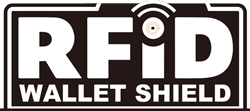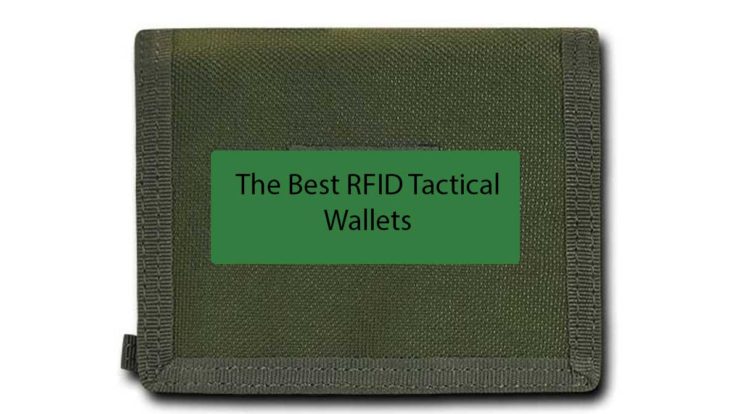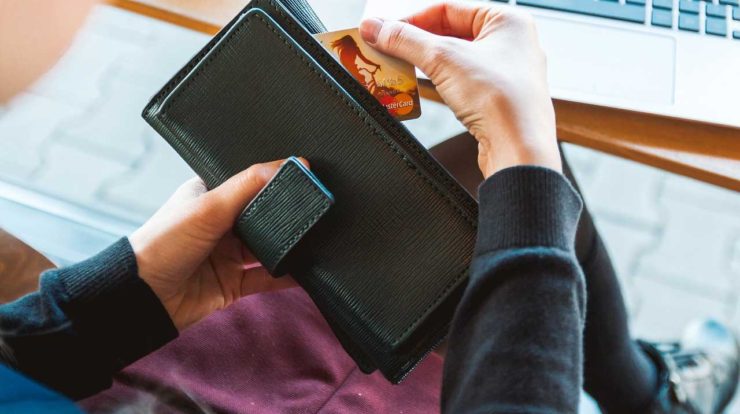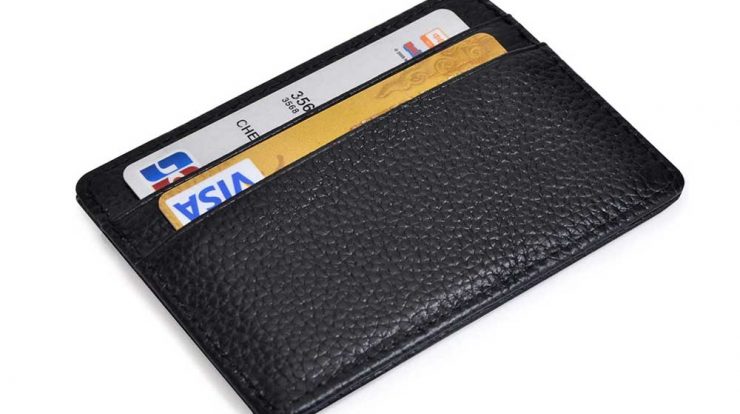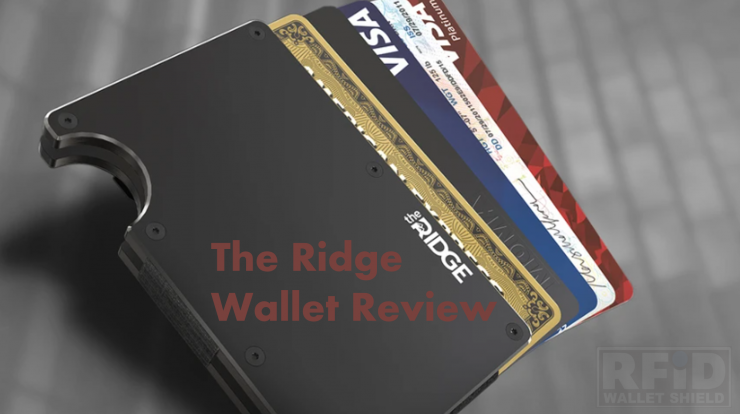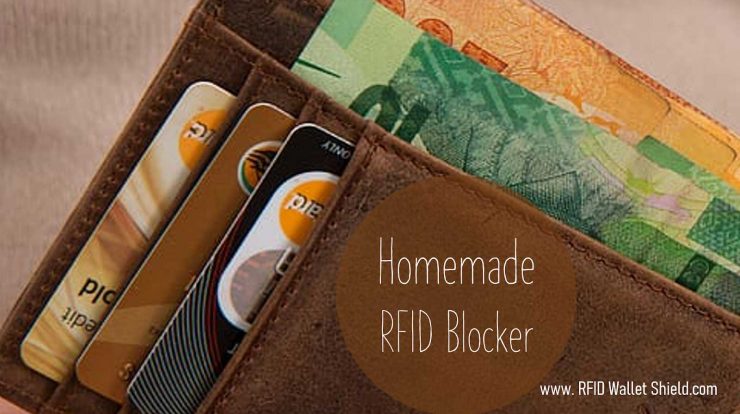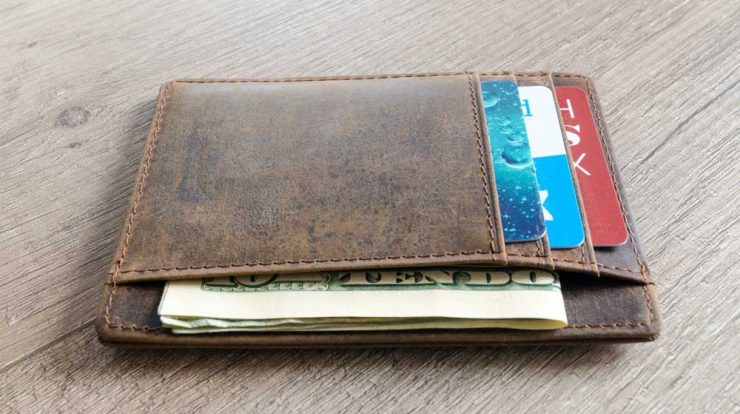
Whether it is paying for your restaurant bill or checking in for baggage at the airport, we all have used RFID-enabled devices at least once in our lifetime. Identity theft is everywhere.
Turn on your TV, and the first thing you’ll see are precautions on how to prevent it. I bet you know the basics of protecting yourself from theft like having strong passwords, watching your accounts, being careful with public Wi-Fi and the list goes on.
Keeping all of that aside, the real problem arises when you are simply standing and your information is stolen out of nowhere. There is very little you can do when you don’t know the basics and ways to prevent it.
It is agreed that we are always on the hunt for efficient yet cheap methods to make our life easier, which to an extent does help. A questionable DIY method that is claimed to help is an aluminum foil wrapped around the card/tag to block RFID scanners. The Internet is jammed with hundreds of DIYs with aluminum foil, but does aluminum foil block RFID scanners?
Let’s find out!
What is RFID and What Does It Do?
Radio Frequency Identification (RFID) is the use of wireless, contactless radio frequency waves for data transmission. From pets to passport terminals, they are everywhere.
When an RFID reader is nearby the card/passport or is waved over it, the reader generates power for the data on the tag to be read. Initially, these chips are intended to offer fast and efficient operation by transmitting radio signals for fast and easy identification.
It has a function similar to an NFC (near-field communication) just like Samsung Pay or Google Pay. The chip includes private information including your date of birth, account and passport details and this information is in encrypted form.
The Downside
Over the course of years, many believed that thieves are opportunists. It is quite easy for them to steal digitally stored information. This means that someone standing near to you with a hidden RFID reader can catch on to the signal coming from any of your possessions, and within seconds have access to your financial and personal details.
With just several pieces of information think of how much ID fraud a thief could undertake. The thief is able to download this data remotely. This is the sole reason why many people around the world consider purchasing RFID-blocking products such as wallets, sleeves or even trying out DIYs with aluminum foil.
Materials in RFID blockers create a shield that restricts signal from being passed through, which eventually protects the confidential information from being stolen. And because of this reason, these products are found to be very effective and useful.
What Makes A Good RFID Blocker?
In order to determine whether aluminum foil is a good blocker or no, we need to know some fundamentals regarding what a blocker is and what makes a good RFID blocking agent.
When you store your cards in an RFID-blocking product, it is protected with magnetic shielding. This shielding helps to keep the information intact without permitting the signals to pass through. However, not all products are the same and therefore you need to look at some important features.
These features include;
· Metal permeability: The effectiveness of a particular metal to protect against skimmers (I.e. devices which criminals use to gain access to a credit or debit cards) depends on its permeability. The higher the permeability, the effective the metal is.
· Light in weight: Since you need to carry RFID-blocker in your bag or purse at all time, you might as well carry something light.
· Nontoxic: When you are considering which blocker to use, you need to bear in mind that the metals used in the construction of the product are not dangerous for your health. There are many metals that are toxic and are therefore dangerous to have in items like wallets or pockets.
· Affordability: let’s get real here, out of all the identity theft cases, wireless cases are the least and you wouldn’t drain your bank just for a single blocker that you aren’t even sure is worth the price.
Does Aluminum Foil Block RFID Scanners?
When you generally look for items to buy, you don’t just consider a single factor and overlook the rest. There are many factors that you consider like the price of the product, quality, texture, needs and etc. Likewise, you shouldn’t choose a blocker based on a single factor. If you are considering the best blocker that fits with the description mentioned above, then aluminum can be the best product to use.
Aluminum, in particular, is used to package food since it does not pose any health danger, which makes it an ideal nontoxic choice. As they say, the product will be less expensive if the materials used in its construction are affordable.
In fact, many people have switched from wallets to aluminum because of how cheap and convenient they are — you can easily grab them off from your local grocery down the street. Not just that, aluminum is also the lightest metals out there so carrying heavy metal in your wallet is certainly not a question.
As far as the permeability is concerned, aluminum foil is strong enough to block the scanners from obtaining information. So, you can wrap it around the cards and it would work.
One of the ways to use aluminum as an RFID blocker is to cut small rectangular or square pieces of aluminum foil and wrap each credit/debit card with them. Remember, you want the foil to be as thick for it to be a strong barrier, but not too thick to increase its weight or make it difficult to use.
With that being said, it is always good to take some extra measures where your security is concerned. Nobody can take any risks especially when it comes to their credit card information and therefore there is a need to use some professional blockers instead of plain old aluminum to safeguard your confidential information and be 100% safe.
Anyone could become a victim of identity theft regardless of whether they use an RFID enabled card or a traditional credit card with a magnetic strip on its back. And therefore the best form is protection is to use your own common sense.
Simply watching your accounts and carrying minimum cards in your wallets can prove to be the best measure of protection. In addition, you can check out some RFID-blocking wallets to keep your cards safe and secure all the time instead of relying on DIY methods that may not work.
